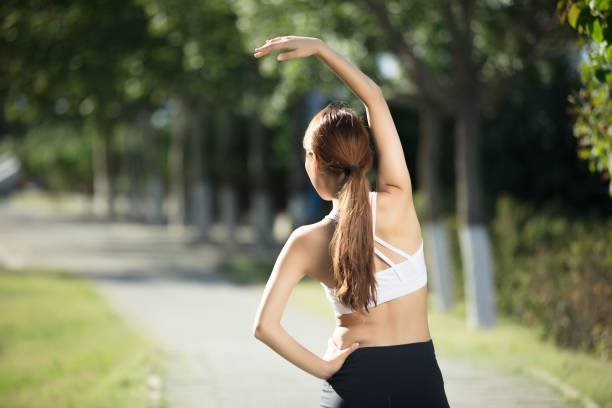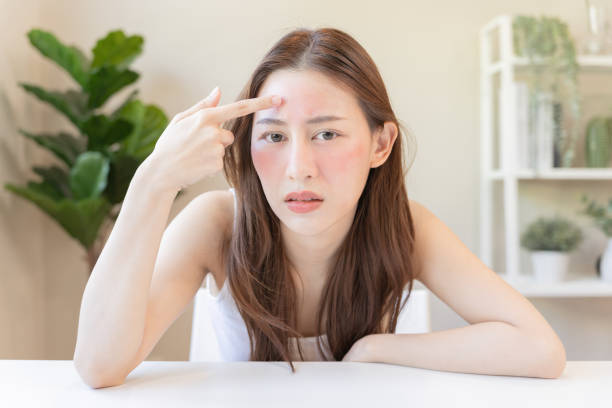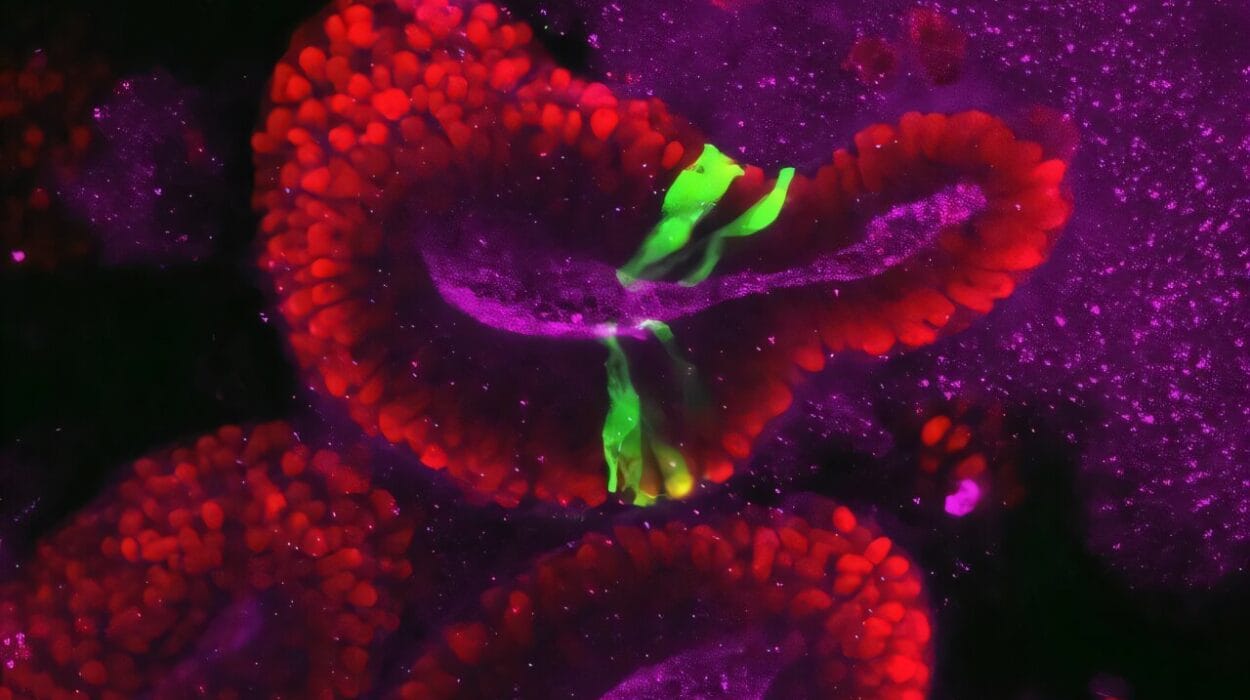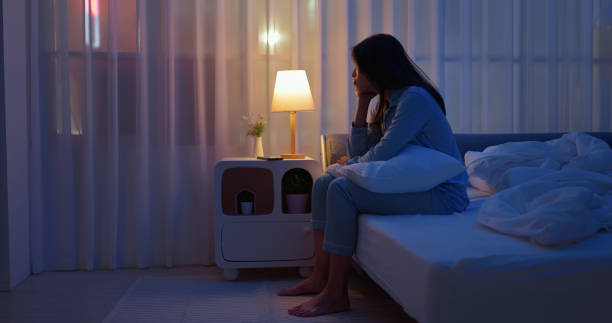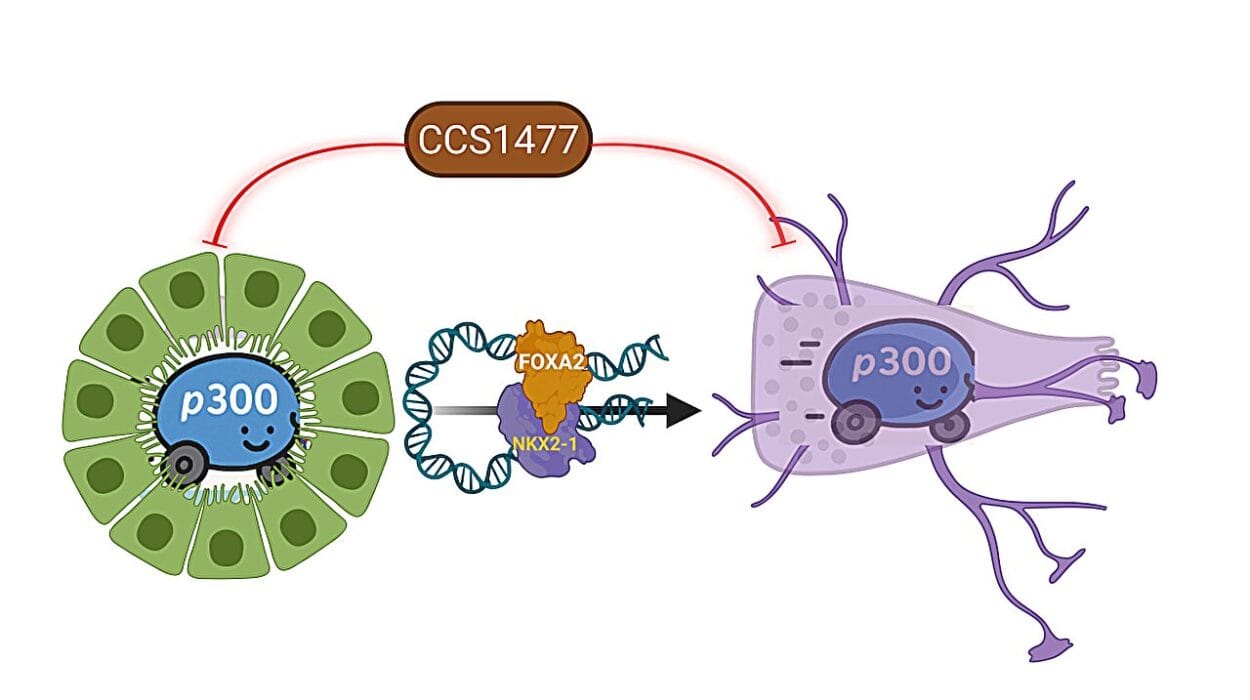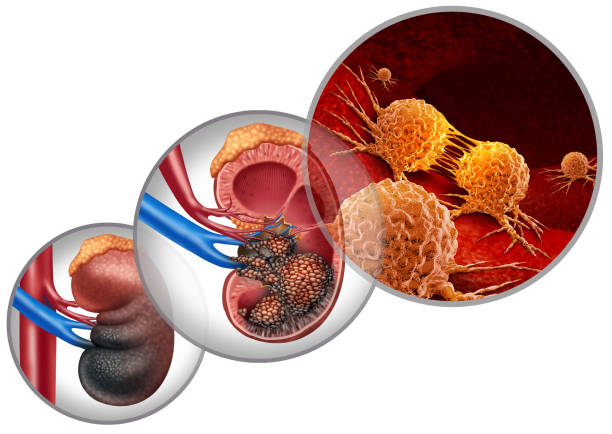As the global population ages, sleep disorders and mild cognitive impairment (MCI) are becoming increasingly prevalent concerns, particularly among older adults. The prevalence of sleep disorders in this age group is alarmingly high, affecting nearly half of adults over 60, and has been linked to an increased risk of cognitive decline, dementia, and other neurological disorders. The search for effective non-pharmacological interventions is critical, especially given the unsatisfactory outcomes of current pharmacological treatments. A study conducted by the Fujian University of Traditional Chinese Medicine, published in JAMA Network Open, has shed light on a promising therapeutic approach that combines tai chi chuan, a traditional Chinese exercise, with repetitive transcranial magnetic stimulation (rTMS) to enhance sleep quality and cognitive function in older adults.
Sleep Disorders and Mild Cognitive Impairment: The Silent Epidemic
Sleep disorders, particularly insomnia, have long been a concern for the elderly, with disturbed sleep patterns contributing significantly to diminished cognitive performance and quality of life. In fact, research has shown that untreated sleep disorders increase the risk of dementia by up to 30%. Additionally, many older adults face challenges related to MCI, a condition marked by noticeable cognitive decline that is not severe enough to qualify as dementia but can severely affect daily functioning and memory.
Mild cognitive impairment is thought to represent an early stage of dementia, particularly Alzheimer’s disease, and is marked by gradual memory problems, attention deficits, and executive dysfunction. Together, sleep disorders and MCI present a dual challenge for older adults, not only compromising their daily lives but also heightening their vulnerability to more serious cognitive conditions. Given the unsatisfactory results of pharmaceutical approaches and the negative side effects often associated with long-term medication use in older adults, research has increasingly focused on non-pharmacological treatments such as physical exercise, cognitive training, and brain stimulation methods.
Tai Chi Chuan: Traditional Medicine Meets Modern Wellness
Tai chi chuan, a meditative form of exercise rooted in ancient Chinese martial arts, has gained recognition globally for its numerous health benefits. Known for its slow, deliberate movements and mindfulness elements, tai chi chuan has been shown to improve balance, strength, flexibility, and mental clarity, offering a unique blend of physical and mental well-being. Importantly, tai chi has been linked to improved sleep quality, reduced anxiety, and enhanced cognitive function, making it a viable intervention for older adults struggling with sleep disturbances and cognitive decline.
The gentle, low-impact nature of tai chi makes it particularly suitable for older adults, as it provides moderate-intensity aerobic activity without putting undue strain on the joints and muscles. Regular practice is associated with improved cardiovascular health, reduced symptoms of anxiety and depression, and potentially slowed cognitive deterioration. However, despite its benefits, adherence to tai chi can be challenging for some individuals, particularly those who may be frail or reluctant to engage in the prolonged physical activity it requires.
The Potential Synergy of rTMS with Tai Chi
Enter repetitive transcranial magnetic stimulation (rTMS), a promising non-invasive technique that has gained popularity in recent years. rTMS uses magnetic pulses to stimulate nerve cells in the brain, aiming to modulate neuronal activity and promote neural plasticity. The technique involves targeting specific regions of the brain with repetitive magnetic pulses, which, in turn, may stimulate underactive neurons or promote neurogenesis. rTMS is primarily known for its use in treating resistant depression, but it has also shown potential in alleviating migraines, facilitating smoking cessation, and even promoting cognitive function recovery in certain conditions.
By enhancing the electrical activity of the brain’s neural circuits, rTMS holds the potential to offer added benefits when used in conjunction with other forms of therapeutic intervention. This ability to stimulate specific brain areas may work synergistically with the cognitive and physical benefits provided by activities such as tai chi. Together, tai chi and rTMS could enhance both sleep quality and cognitive function in older adults with sleep disorders and MCI by targeting the underlying neurological and psychological factors at play.
The Fujian University Study: Methodology and Findings
In a recent randomized clinical trial conducted by Fujian University of Traditional Chinese Medicine, researchers sought to investigate the combined effects of tai chi chuan and rTMS on older adults with sleep disorders and mild cognitive impairment. The study, published in JAMA Network Open, enrolled 110 participants aged between 60 and 75 years, all of whom were diagnosed with either MCI or sleep disorders. Participants were randomly assigned to one of two groups:
- Experimental Group: Participants in this group received both tai chi chuan and 1-Hz rTMS targeted at the right dorsolateral prefrontal cortex.
- Control Group: Participants in this group received tai chi chuan and sham rTMS (a placebo-like treatment).
All participants underwent 30 intervention sessions over a six-week period. Tai chi chuan was practiced using a 24-form Yang-style routine, a well-established version of the martial art. The rTMS treatment was administered at a frequency of 1 Hz, targeting the dorsolateral prefrontal cortex, a region of the brain associated with cognitive functions such as decision-making, working memory, and emotional regulation.
To assess the effects of the interventions, researchers measured sleep quality using the Pittsburgh Sleep Quality Index (PSQI) and cognitive function using the Montreal Cognitive Assessment (MoCA) at three different time points: baseline, immediately after the intervention period (6 weeks), and at a 12-week follow-up.
Results and Clinical Implications
The results of the study were promising. At the six-week mark, the experimental group, which received both tai chi chuan and rTMS, showed significant improvements compared to the control group. Specifically, participants in the experimental group exhibited:
- A 3.1-point reduction in PSQI scores (indicating improved sleep quality).
- A 1.4-point increase in MoCA scores (indicating enhanced cognitive function).
These improvements were not only significant immediately after the intervention period but were also sustained at the 12-week follow-up. At this later point, participants in the experimental group continued to show a 2.1-point reduction in PSQI scores and a 0.9-point increase in MoCA scores, relative to the sham group. Secondary outcomes, including improvements in memory, anxiety, and depression, were also observed, further highlighting the beneficial effects of combining tai chi and rTMS.
Importantly, the study found that adverse events were minimal and did not appear to be related to the interventions, suggesting that the combined approach is safe for older adults with sleep disorders and cognitive impairment.
Limitations and Areas for Further Research
While the study’s findings are encouraging, some notable limitations and areas for further investigation remain. One key issue is the lack of full transparency regarding the use of advanced neuroimaging techniques such as fMRI, EEG, and fNIRS, as well as biochemical assays like serum mass spectrometry. These methods were outlined in the clinical trial registration but were not mentioned in the final published results. This raises questions about whether they were utilized in the study and whether any data obtained from these techniques were excluded in the final report. As clinical trials are registered to ensure transparency and avoid the selective reporting of results, the exclusion of certain data—if that was the case—should have been clearly stated in the study’s limitations.
Future studies could benefit from including these advanced neuroimaging tools to gain a deeper understanding of the underlying brain mechanisms involved in the rTMS and tai chi combination treatment. Additionally, larger sample sizes, longer follow-up periods, and more rigorous control measures could provide further validation and help determine whether the benefits observed in this trial hold up in diverse populations and clinical settings.
References: Zhizhen Liu et al, Repetitive Transcranial Magnetic Stimulation and Tai Chi Chuan for Older Adults With Sleep Disorders and Mild Cognitive Impairment, JAMA Network Open (2025). DOI: 10.1001/jamanetworkopen.2024.54307
Giuseppe Lanza et al, Noninvasive Brain Stimulation and Holistic Therapies for Sleep and Cognition, JAMA Network Open (2025). DOI: 10.1001/jamanetworkopen.2024.54316
